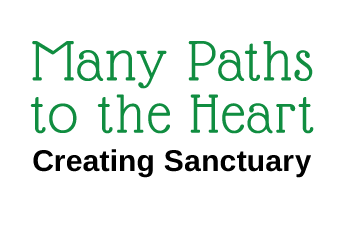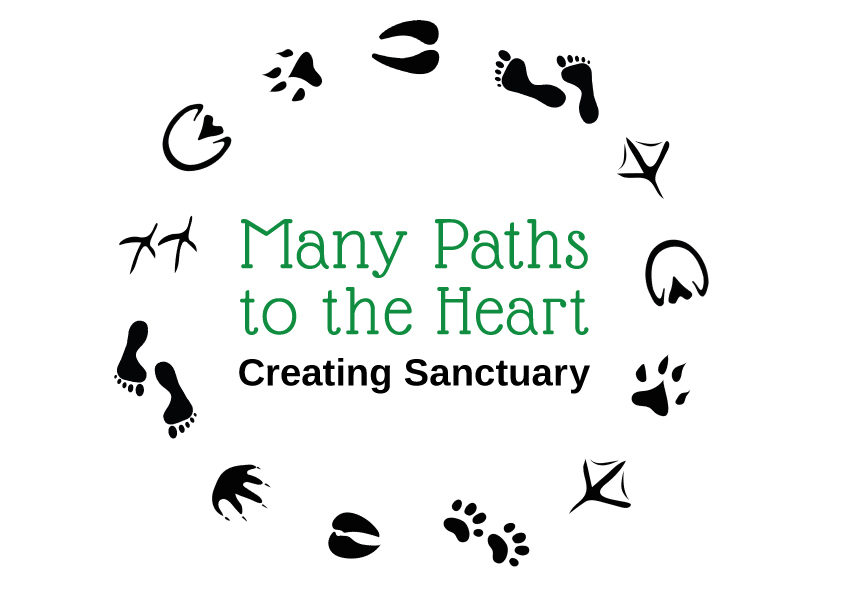Jennie Hellkvist

It changed so subtly somehow. It wasn’t a big explosion, it just happened.
I was like any young girl, I started riding when I was about 8. My first riding school was run by a real character, she was a tall, thin lady with red lipstick and caked powder and false eyelashes that were never stuck on properly. She did teach us to take care of the animal, not just to look good. We were riding but she set the horse care basics for me.
Everyone eventually went to a more fancy school. The next riding school I went to was more about wearing the right clothes. The horses and the ponies didn’t seem to matter much. When I left that school, there was a period of about 20 years when I didn’t have contact with horses because I was living in London.
The next time I was around horses intensively I was with my own. I had two ponies and one Thoroughbred horse. The first one was a Haflinger/Fjord mix called Yenna. She didn’t belong to me but I paid her bills. She was a real sweetie, she just wanted to please but somehow she felt she was invisible all the same.
The next one was Flip, he stayed with me for a while. He was more for pulling carriages and then the owner wanted to sell him so I bought him. He was the old style of Haflinger, short stubby legs. I went out for a ride one winter with him. I thought he was lovely to ride, really smooth. It was a lovely sunny day, but it had been icy. I thought the ice had melted everywhere but it hadn’t. I took him round a corner at a trot and we both landed on our asses on the ice. He ran off home without me. When Flip and I fell over, I broke my ankle. I had plenty of time to think about it. That particular ride I realized he was trying to run away from me. He was trying to run from me and since I was on top of him, he couldn’t get away. That made me realize I shouldn’t make him so uncomfortable. It was a strong feeling that I shouldn’t have done this to him. It wasn’t words in my head or pictures, it wasn’t a look. It was a feeling that I shouldn’t be doing this to him. At that time it was only him. I didn’t think all horses didn’t want to, or shouldn’t be ridden. After that, I never rode him again because it was clear he hated being ridden. He just didn’t like it at all.
We were then sold for very cheap, a Thoroughbred called Sunny. She was an ex racer. For some reason I never rode her, it didn’t feel as if I should. We thought one time that it would be good for her to have a foal. She kept telling me she’d love to have a foal and bring it up herself. Apparently she had never been raced even though she had a really good bloodline, but she’d get nosebleeds at the races so they didn’t race her, they bred her. She’d had about 8 foals but of course they’re taken away so early.
We found a nice Palomino stallion we thought would suit, for character and all. First we took her to a reproductive specialist for horses and he found her womb was completely broken up, she couldn’t carry a foal, but also she had kissing spines. So of course she was never going to be ridden. She taught me a lot. I took her in hand, walking her a lot. I could never keep up with her.
I didn’t even ride Yenna, the one I had on loan. I used to kick myself. I’d tell myself, “You are so lazy, why don’t you get on her? Why don’t you do something with the horses?” It wasn’t that I didn’t want to, I just didn’t have any enthusiasm. I just didn’t ride anymore. I did ride somebody else’s horse once, a nice little, kind and gentle horse. I realized I really didn’t feel comfortable anymore. It was as if I felt myself bumping around on his back. Since then I’ve never ridden. Never. I realize the value of just being with horses or ponies. I don’t care what kind it is, they don’t have to be anything special. It’s nice to just be with them.
When I was studying animal communication, I was fascinated by Eckhart Tolle and the Power of Now. I was telling everyone to read it and a couple people actually did. They didn’t understand it. How could that be? It’s so easy. I watched Stormy’s film, The Path of the Horse, at about the same time. It was an AHA moment, both those things, the book and her documentary. It was a turning point. I was jogging through life, working, had a husband, my own animals, but I never really went into depth. It was all about training. If I wanted to change my relationship with an animal I’d have to train it. I didn’t realize there was more to it than that.
More recently I saw the Trust Technique video on Facebook. I went into their website and ended up becoming a practitioner for large animals. It’s a wonderful stepping stone to looking deeper into the horse, getting a deeper connection with the horse. It’s not the “be all, end all” but it’s certainly a very good doorway into seeing the horse or any animal in a different way.
I needed something more personal. I was doing the TT course but I didn’t feel like I was getting anything personally, it was all about the technique. I needed something more to come to peace within myself. That’s when working with Stormy gave me this inner peace I needed. I think it was her personal contact that made the difference. It changed my own outlook on many things in life. Both Stormy and the Trust Technique taught me not to take things personally and accept things as they are.
Stormy’s teaching, being the present moment, the Trust Technique, it became so important to me, this now. It is literally the answer to everything. Many people think you need to meditate to be in the present moment. Of course you can, but also in everything you do, you can be present, washing up, taking a shower, you can do it all in presence and it can relieve so much mental turmoil. If there’s a turmoil going around, like on Christmas day. I had a lovely Christmas day with my sister and her children and grandchildren but, there was a point of turmoil with everybody running around, and I just went into presence, and then I came out of it like a fresh person. These little children that I love dearly, sometimes screaming and talking loudly like small children do. Presence set me right again so I could enjoy it rather than being overwhelmed.
That’s what the animals feel as well when they’re in that presence, there’s no pressure there. They’re so used to feeling pressure from their owners and the people around them, then you come and be in presence; you can almost hear them sigh in relief. Feeling that freedom that they feel in the moment, that we all feel.
When people asked me to communicate with their horses because they were having problems, I picked up that they didn’t want to be ridden. They weren’t being naughty, they just didn’t want people on their backs. That expanded the picture. It wasn’t one individual pony, there were more who didn’t want to be ridden. Sunny, the Thoroughbred, was one that made me think more. There was a reason she didn’t want to be ridden, probably from the beginning. Then it started me thinking about racing horses, that there were more in this world that didn’t want to be ridden. So many people say, “My horse loves to carry me.” Maybe that’s true, I don’t know, but I don’t know if it’s good for them to be ridden.
I have a dear friend, she’s a very kind person. We were talking about how horses should have the right to say “no.” She agreed with me absolutely, and said, “I always let my horses say no, but sometimes when they stop and they don’t want to go further, well, enough is enough.” I knew that meant that they could only refuse to a point when she would turn to a bit or a whip or a kick to turn the horse’s no into a yes.
Is it good in the long term for a horse to be ridden? Not everybody is a good rider, not everybody can synchronize their movements with the horse. Also you see even really good riders thumping about on their backs depending on what they’re doing.
Even if it may not do harm on this ride, what about the next ride? Perhaps in the long run it will harm them. Learning more about the fascia, it shows even more how it can harm horses.
The fascia in the poll area behind the ears is affected, even if you ride bitless. There is very little protection there, the pressure is almost directly on the bone and nerves.
Horses do tell us. Some are ones who won’t be caught. Some of them are so good at evading humans that the person does give up. When I was younger I would borrow horses. There was one called Forrester who didn’t want to be caught. Me and the farmer took a rope and cornered him. Of course I didn’t think anything of it, he was just a pony who didn’t want to be caught. I didn’t think of why he didn’t want to be caught.
Most people who have a horse who doesn’t want to be ridden, they have no idea what else to do. I see people putting human emotions onto the horse, saying that he’s lazy or he can’t be bothered. I’d love to give people reasons to think about what they’re doing.

